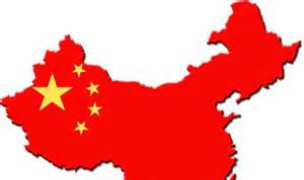 9 Terms
9 TermsHome > Industry/Domain > Water bodies > Glaciers
Glaciers
A glacier is a large persistent body of ice that forms where the accumulation of snow exceeds its ablation (melting and sublimation) over many years, often centuries. Glaciers slowly deform and flow due to stresses induced by their weight, creating crevasses, seracs, and other distinguishing features. They also abrade rock and debris from their substrate to create landforms such as cirques and moraines. Glaciers form only on land and are distinct from the much thinner sea ice and lake ice that form on the surface of bodies of water.
Industry: Water bodies
Add a new termContributors in Glaciers
Glaciers
plucking
Water bodies; Glaciers
The mechanical removal of pieces of rock from a bedrock face that is in contact with glacier ice. Blocks are quarried and prepared for removal by the freezing and thawing of water in cracks, joints, ...
arete
Water bodies; Glaciers
A jagged, narrow ridge that separates two adjacent glacier valleys or cirques. The ridge frequently resembles the blade of a serrated knife. A French term referring to the bones in a fish backbone.


